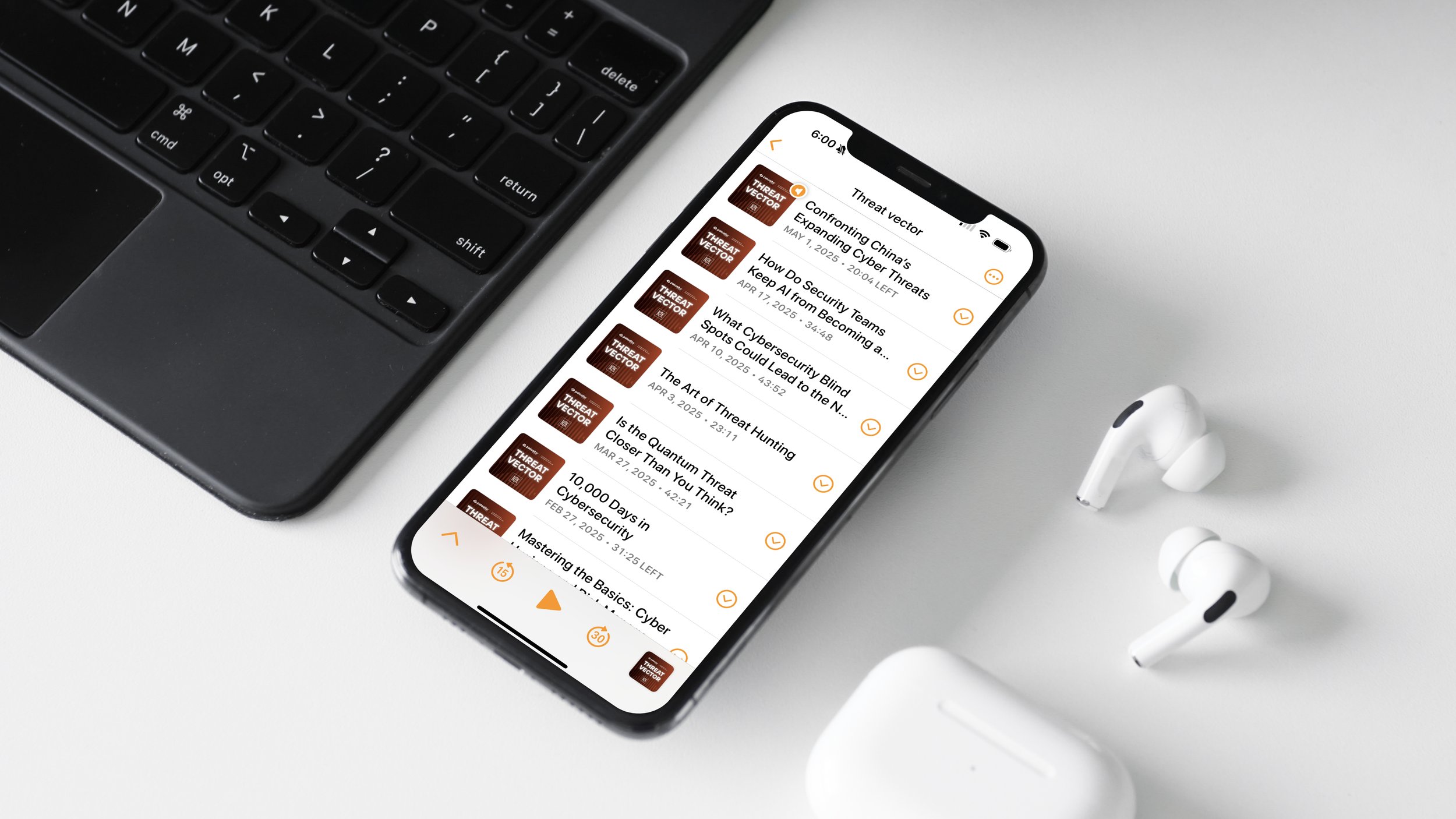

Experiences, Conferences, and What Really Matters
This month gave me two very different marketing experiences. First, Demandbase invited me to drive a supercar at Circuit of the Americas. Spending time behind the wheel at 140 mph created an immediate, positive association with their brand, and their field marketing team struck the perfect balance by facilitating genuine conversations without pushing the sale. It was a reminder of how powerful real-world experiences can be. At about the same time, I attended a major industry conference that left much to be desired. The event felt inefficient and uninspiring. While the networking was valuable, the overall structure (multiple tracks, vague session descriptions, and a clunky mobile app that seemed like their website just delivered as an app) made it difficult to extract value. It got me thinking about what we're really asking of our audiences. When someone gives us their time, they're giving us something genuinely valuable and finite. That Demandbase experience? Worth every minute. That conference? The math didn't math as my kids say.

The Cost of One Minute of Attention in 2025
Attention has real value. Threat Vector earns 30 to 40 minutes a week from thousands of listeners, and I wanted to understand what that means for the business. Using updated research, one minute of attention in 2025 is worth about $1.40. That simple shift lets us translate listens into real, measurable value.

What We Get Wrong About People (and AI)
Nancy Harhut on what marketers get wrong, a dive into behavioral science from the Nudge podcast, lessons from a security talk on AI and image workflows, and why GM’s decision to kill CarPlay is a masterclass in ignoring user needs.

Clarity is a Competitive Advantage
Clarity doesn’t shout. It doesn’t posture. It wins by being easy to understand when everyone else is trying to sound smart.
Think of the brands and leaders you trust most. They don’t confuse you. They make the complex feel simple. They make direction feel obvious. That’s not luck. That’s discipline.
Start small.
One idea, one email, one slide. Make it unmistakably clear.
Because in a world full of noise, clarity isn’t just kindness, it’s strategy.
And in business, as in storytelling, the clearest voice is the one that gets heard.

A Shift in Perspective
After catching myself sinking into a doom loop of dark drafts about accountability failures and broken systems, I scrapped everything and focused on what is bringing me joy instead: pizza nights that pull my family together, comedians who make you laugh without punching down, a tiny espresso machine that quietly upgrades the day, Ted Lasso’s reminder that optimism is a choice, and the Savannah Bananas’ masterclass in designing pure delight. All of it reinforced the same idea that joy is not a break from serious work. It is the fuel that builds trust, strengthens teams, and makes people come back.

My Work From Home Office
What do you need to succeed as a WFH employee? Discipline, maturity, a company that has the connectivity tools to allow it, sure. And a bit of kit doesn't hurt. This is an ongoing entry as I document my remote work setup, my command center, if you will. I started working remotely full-time in April of 2011 as part of the amazing team at Cynergy. After that, I worked remotely at Salesforce as a leader of a global team. I returned to the office in the early days of my tenure with IBM, but when the pandemic sent the world home, I returned to the efficiency and rhythm of remote work. I am now a remote employee with Palo Alto Networks. Over more than a decade, I have logged what works or doesn't for me, and this is where I share my thoughts on the topic.

Why We Stopped Making Content and Started Answering Questions
The 10+5 Framework started as a simple content prioritization tool: 10 best assets, 5 in development. But the real breakthrough came when we stopped thinking about content formats and started with buyer questions instead. This single shift transformed how we align content to campaigns, buyer needs, and journey stages. Simple change, profound impact.

The State of Slop
Marketing departments worldwide are gorging themselves at an all-you-can-eat buffet of algorithmic slop. What you're getting is the literary equivalent of Cheez Whiz.
Today AI-generated sludge is flooding the market so having an authentic human voice is becoming the rarest and therefore most valuable resource. The more sophisticated AI becomes, the more valuable human weirdness becomes.
Stop outsourcing your thinking and start using these gazillion-dollar machined as kick-ass partners to unlock your authentic voice and original ideas.


How Companies Sabotage Themselves with User-Hostile Design
You tap through from LinkedIn to learn what a company does, only to find their website buried under popups for account sherpas, cookie consent banners, and strategically placed chatbots that make actually reading their content nearly impossible. Companies are spending thousands on marketing to attract qualified prospects, then driving them away with user-hostile design that prioritizes data collection over basic usability.

When Systems Break Down (And What Comes Next)
Between data breaches that shouldn't happen, AI that's getting a little too curious for its own good, and that gnawing sense that everything feels stuck, it's easy to wonder if we're living through some kind of civilizational debugging session. But here's the thing about broken systems: they're often the precursor to something better. The current moment isn't just about things falling apart, it's about the opportunity to build something more thoughtful, more secure, and more human-scale.

A $10 Coupon Is Costing You Your Privacy
Imagine picking up your phone after lunch and discovering your AI assistant just spent an hour texting your girlfriend, sending "I love you" messages while you were offline. This terrifying moment led privacy expert Arjun Bhatnagar to a shocking realization: your phone number alone can reveal your social security number, family details, and complete digital footprint. "We give the same information to the IRS that we give to Domino's," he warns. Here's how simple habit changes can help you reclaim control of your digital life.

Your Software Is Capable of 10x More Than You Think (And Your Competitors Know It)
Microsoft's CTO Kevin Scott recently identified a critical business blind spot: "capability overhang"—the growing gap between what your tools can actually do and what your teams know how to do with them. While your competitors might be leveraging automation features you didn't know existed, your organization could be using only 20% of your software's true potential, creating an invisible competitive disadvantage. The solution isn't more training for individuals—it's building systematic organizational approaches to continuously discover and deploy the hidden capabilities already sitting in your tech stack.

Attention Is the Real ROI
When we launched Threat Vector in July 2023, the goal wasn’t just to publish a podcast, it was to earn attention from the people who live and breathe cybersecurity. Less than a year later, we’ve gone from 7-minute segments to 70+ full-length episodes. But for me, success isn’t about how many episodes we ship. It’s about how much of our audience’s time—and trust—we’ve earned. In a world obsessed with clicks and impressions, we’re measuring something more meaningful: attention.

Reflecting on CyberMarketingCon
Presenting live at CyberMarketingCon was an energizing experience, especially seeing how much more dynamic the conversation with David Ebder became on stage compared to our practice sessions. The audience’s engagement and thoughtful questions reinforced just how powerful live discussions can be.
